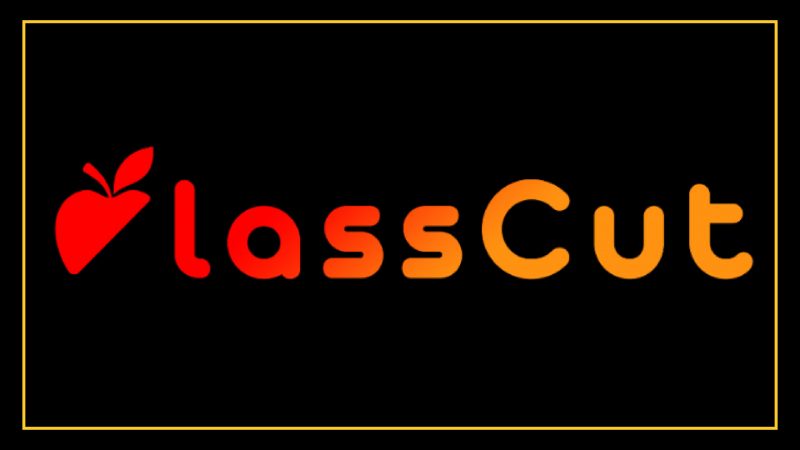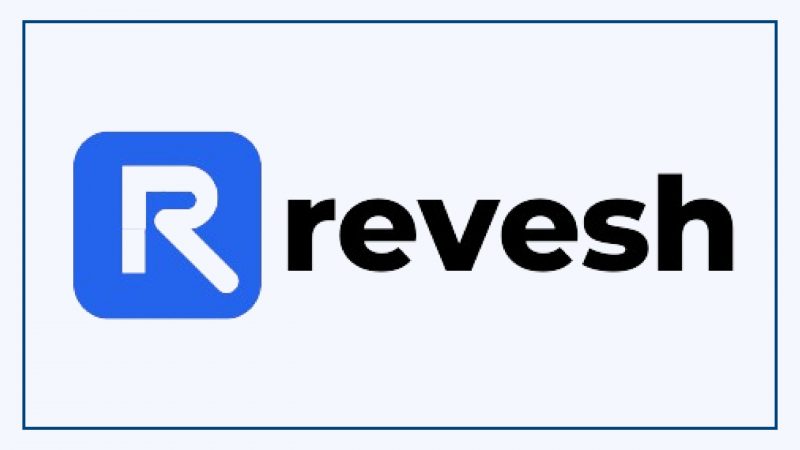The global healthcare landscape is marked by disparities, particularly in developing nations. The lack of robust electronic medical record systems is a critical issue, hindering efficient patient care and disease management. Recognizing this gap, a team of Drexel University students founded MEDDIBIA intending to revolutionize healthcare delivery, and won the Spring Drexel Startups Fund Competition with their startup idea.
The MEDDIBIA Solution
Founded by the brother team of Tony Okeke and Kamdi Okeke, and their partner Don Enwerem, MEDDIBIA is developing innovative software to address the challenges posed by paper-based medical records. For Tony and Kamdi Okeke, their mother’s experience in healthcare gave them a unique perspective on the particular issues developing countries face in developing places, like sub-Saharan Africa. This fueled their determination to create a solution that could make a significant impact.
“Many developing nations still rely on paper-based medical records,” Tony Okeke explained. “This creates significant challenges for healthcare providers and patients alike. Our goal with MEDDIBIA is to bridge this digital divide and improve access to quality healthcare.”
With backgrounds in environmental engineering, biomedical engineering, and computer science, respectively, the team possesses a unique skill set to tackle this complex problem. Their journey began in the ENTP450 Launch It! course, a program designed to guide students through the startup process.
The Drexel and Close School Advantage
Drexel University has been instrumental in nurturing the growth of MEDDIBIA. The Close School of Entrepreneurship’s ENTP450 Launch It! course, taught by Dr. Salas, provided the team with the foundational knowledge to transform their idea into a viable business.
The ENTP450 Launch It! Course is designed to take students through the actual launching of a start-up. The course involves talking to customers, partners, and investors, investigating business models, and laying out all aspects of a startup company.
There, they had the opportunity to work with Don Enwerem, a third-year computer science major. Together, the trio began laying the groundwork for what would become one of the winners of this year’s spring Startups Fund Competition.
“The ENTP450 Launch It! course was invaluable,” said Kamdi Okeke. “It provided us with the tools and knowledge to transform our idea into a viable business.”
Beyond the classroom, the team leveraged Drexel’s entrepreneurial ecosystem, gaining mentorship and support from faculty and administrators.
Overcoming Challenges and Securing Success
Developing MEDDIBIA was a challenging but rewarding process. The team participated in the Future Fest Innovation Tournament, a hackathon-style tournament, to test their idea. Their pitch provided valuable experience that helped them refine their pitch and understand the market better.
“Competing wasn’t a completely new experience, as we had participated in Future Fest with a quick pitch,” Tony reflected. “For this, we approached the idea like it was an actual company, not just a pitch. We tried to take more time to understand the ins and outs of the company’s business aspects. We wanted to show we could turn this into a meaningful business.”
The turning point came with their victory in the Spring Drexel Startups Fund Competition.
Using many of the resources they had developed in the ENTP450 class, they developed an initial pitch that was about four minutes long.
“We pitched the first time, and heard back that very same day, which none of us expected.”
The team quickly started on the second pitch. They wished to highlight how they would actually get the service into people’s hands, alongside beginning the development of the user interface and product itself.
“We ended up pulling 2-3 all-nighters to build out the demos for our AI models to read medical records data, and the ability to transcribe recorded audio,” said one team member.
A Brighter Future for Healthcare
The MEDDIBIA team is excited about the future of their startup. With the funding from the Spring Startups Fund, they plan to invest heavily in research and development to enhance their software and expand their reach.
“It started out as a really rough idea, but through the process of iteration and feedback, we had a lot of important issues that were brought to our attention that we hadn’t thought about,” said Kamdi. “We had to think about how the product would actually be adopted in a multifaceted way. It really helped us grow.”
Tony Okeke expressed his optimism about the future: “It was a great feeling, because we have a lot of different ideas. Actually getting validation from successful entrepreneurs that our idea was meaningful and deliverable, though, that was super reassuring.”
MEDDIBIA represents a beacon of hope for millions of people in developing countries. The Charles D. Close School of Entrepreneurship and the Drexel University community is proud to support these young innovators as they strive to make a lasting impact on global healthcare.To learn more about the Startups Fund Competition, click here.






